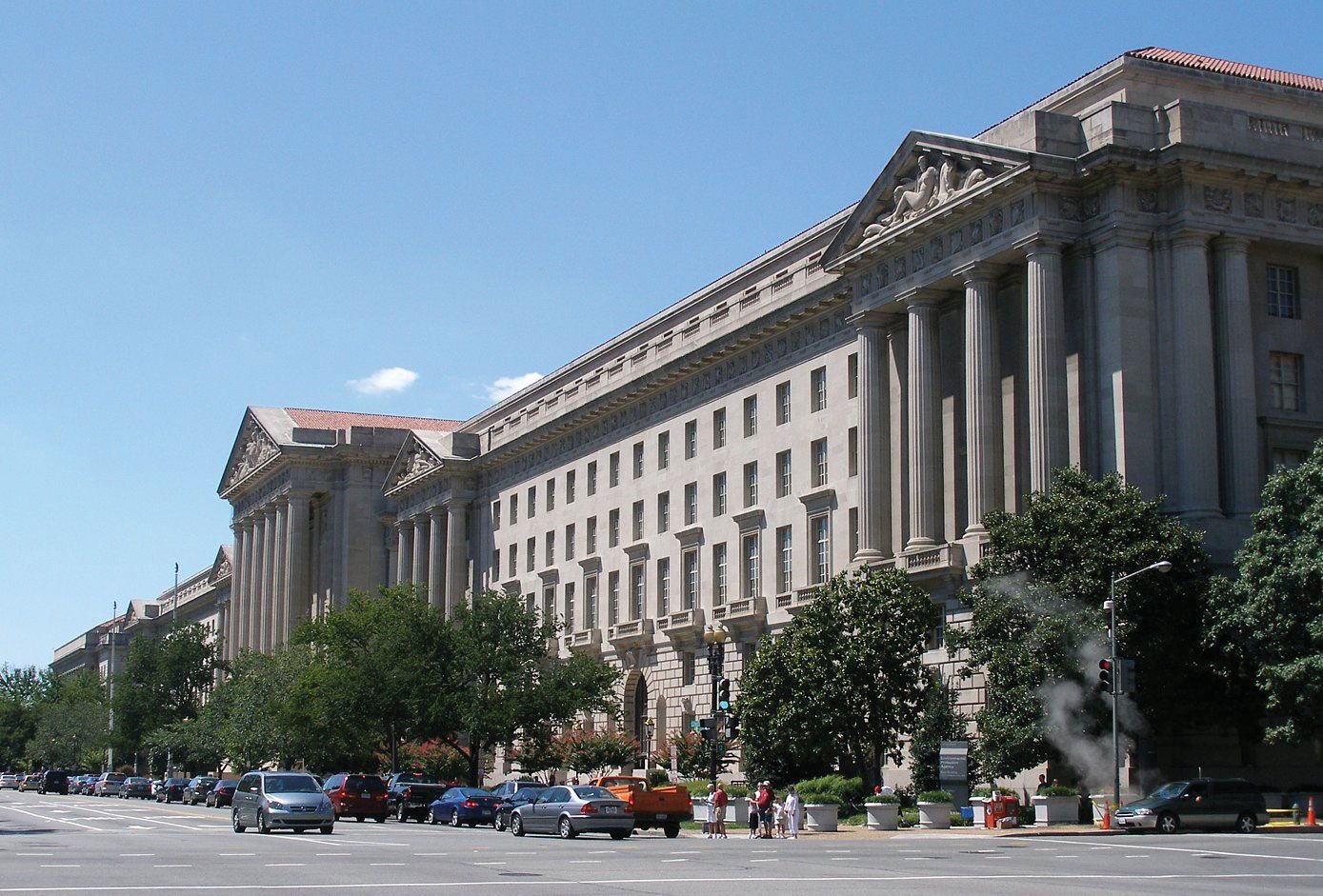The Biden administration has taken a step towards protecting public health by banning most uses of methylene chloride, a highly toxic chemical commonly used as a paint stripper.
This decisive action comes after long-term exposure to the chemical has been linked to various cancers, including liver, lung, breast, brain, blood, and central nervous system cancers.
Methylene chloride has been responsible for at least 88 deaths since 1980 due to short-term exposure, according to the Environmental Protection Agency (EPA).

The Environmental Protection Agency (Credits: Britannica)
The EPA has prohibited all consumer uses of methylene chloride, as well as most industrial uses, in an effort to minimize the risks associated with this dangerous chemical.
However, it will still be allowed in limited industrial applications, such as producing other chemicals, electric vehicle battery components, and plastic and rubber manufacturing.
These permitted uses will be subject to strict restrictions, including worker exposure limits, monitoring requirements, and employee training requirements, to ensure the safety of those handling the chemical.
This rule is among the first actions taken by the EPA under a 2016 revamp of the Toxic Substances Control Act (TSCA), which granted the agency additional authority to review and regulate chemicals already on the marketplace.
The Biden administration has demonstrated its commitment to reducing Americans’ exposure to toxic substances through this and other recent actions, including the establishment of new rules for industrial toxic emissions and limits for “forever chemicals” in drinking water.

EPA Administrator Michael Regan (Credits: Green Matters)
EPA Administrator Michael Regan emphasized the importance of this ban, stating, “Exposure to methylene chloride has devastated families across this country for too long.”
He added, “Today’s action brings an end to unsafe methylene chloride practices and implements the strongest worker protections possible for the few remaining industrial uses, ensuring no one in this country is put in harm’s way by this dangerous chemical.”
This ban marks a crucial step towards protecting public health and the environment from the harmful effects of toxic chemicals.























